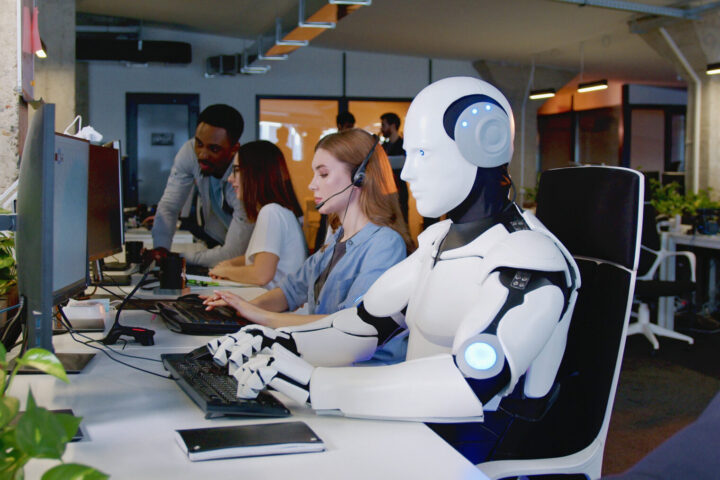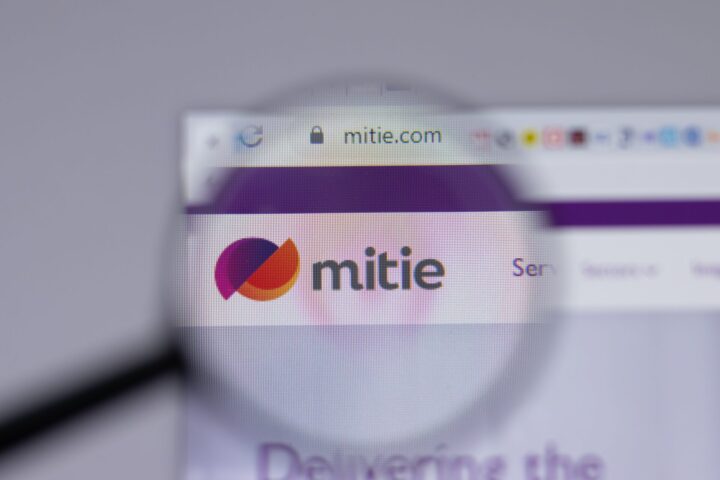The World Employment Confederation (WEC) has released findings indicating that a significant majority of business leaders, 81%, believe advancements in artificial intelligence (AI) will demand new skills and alter traditional work practices.
However, alongside this acknowledgment, there is a prevalent worry, with 78% of those surveyed voicing concerns over their capacity to train employees rapidly enough to stay in step with technological evolution over the coming three years.
Jonas Prising, chairman & CEO of ManpowerGroup, a member of the WEC, reflected on the transformative potential of AI in the workplace. “It is clear that advances in AI have the potential to transform the workplace at an unprecedented pace. Yet, the growing technical and soft skills gap is a critical hurdle businesses must overcome,” he remarked. Prising highlighted the irreplaceable value of human traits such as collaboration, communication, creative problem-solving, and empathy, amidst the technological revolution brought about by generative AI.
The report, “Agile Talent in the Age of AI,” part of the “The Work We Want” global initiative spearheaded by WEC, discusses how generative AI will significantly reshape workforces. It points out the necessity for both new soft and technical skills to leverage the opportunities presented by technological advancements.
Key insights from the study reveal a broad consensus among leaders about the increasing difficulty in planning for future talent needs, with 80% finding it more challenging than ever. Additionally, 92% of senior executives anticipate a need for a more flexible workforce within the next two years. In response, organizations are exploring a variety of strategies to enhance flexibility, such as establishing sectoral talent pools, adopting skills-based hiring practices, and leveraging online talent platforms.
The research also underscores the strategic value of employing contingent workers to access rare digital skills and attract high-caliber candidates. Nearly 79% of senior executives believe that hiring workers with knowledge of new technologies serves as an effective method to spread tech understanding among permanent employees.
Denis Pennel, managing director of WEC, stressed the importance of collective action in adapting to new work realities. “The ‘Work We Want’ is a conversation starter for governments, employers, and workers to address our new work reality and find solutions – collectively – to deliver better labour market outcomes for all,” he said. Pennel noted that AI-induced agility has underscored the critical role of the HR services industry in bridging the labour and skills gaps caused by digitalisation.

















